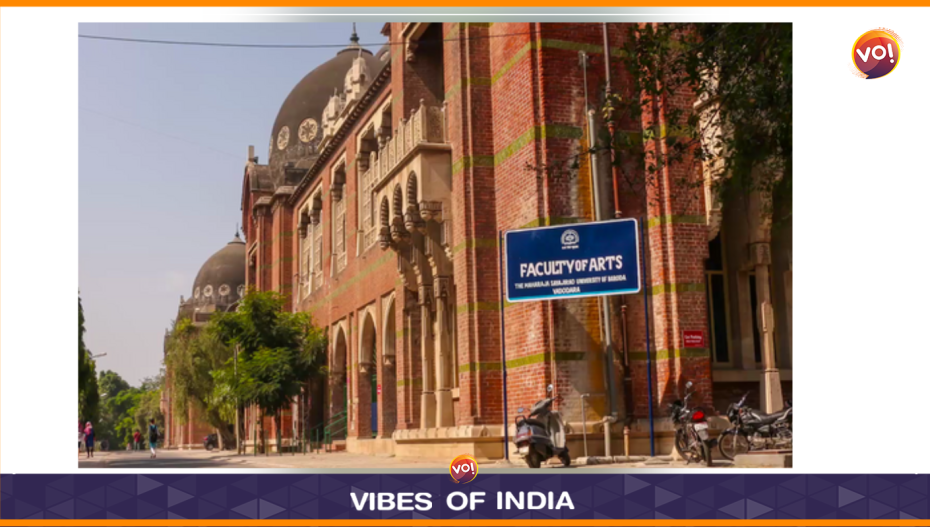Religion? Eternal way of life? Commentaries on the Sanatan Dharma continue to intrigue us. In the spiritual realm, Sanatan Dharma means living in a manner described in the Vedas. Strangely, most institutions of learning in India don’t have Sanatan Dharma as a subject in their syllabuses.
Maharaja Sayajirao University has initiated a change. Students of this university will learn Sanatan literature, the first value-added course of this kind offered by any institution of higher education in India.
According to a report, the course will involve teachings from the post-Vedic treatises on Upanishads.
The curriculum includes Nachiketa’s tales from ‘Katho Upanishad’ and inspiring stories from Chandogya Upanishad.
Nearly 160 students have already opted for the course, the report claims.
“No university in India has used the word or nomenclature of Sanatan. The moment one talks of ‘Sanatan’ literature, it is connected to negativity in political discourse. But for us, Sanatan literature is important as it refers to the timeless body of written and oral works from ancient India encompassing a wide range of texts including religious scriptures, epics, philosophical treatises, poetry, and other literary works,” professor Hitesh Raviya, head of Department of English, told the media outlet.
“Countries like Germany, Australia, Canada, and even Africa teach their own literature. The identities of even smaller countries like Bulgaria and Cambodia are linked with Bulgarian and Cambodian literature. When we use the word Indian literature, it does not serve its purpose. But when we use the term Sanatan literature, we immediately get linked to Upanishads, Bhagavad Gita, and other religious scriptures,” Raviya added.
Since its inception in 1949, this acclaimed university has been teaching English, German, Russian, and French literature as part of post-graduate courses. In the 1950s, the department’s Shakespeare Society would organise English shows to packed audiences. The report mentioned that Sanatan Dharma is a value-added course under the National Education Policy (NEP) 2020 framework for students enrolled in first-year BA from this academic year.












